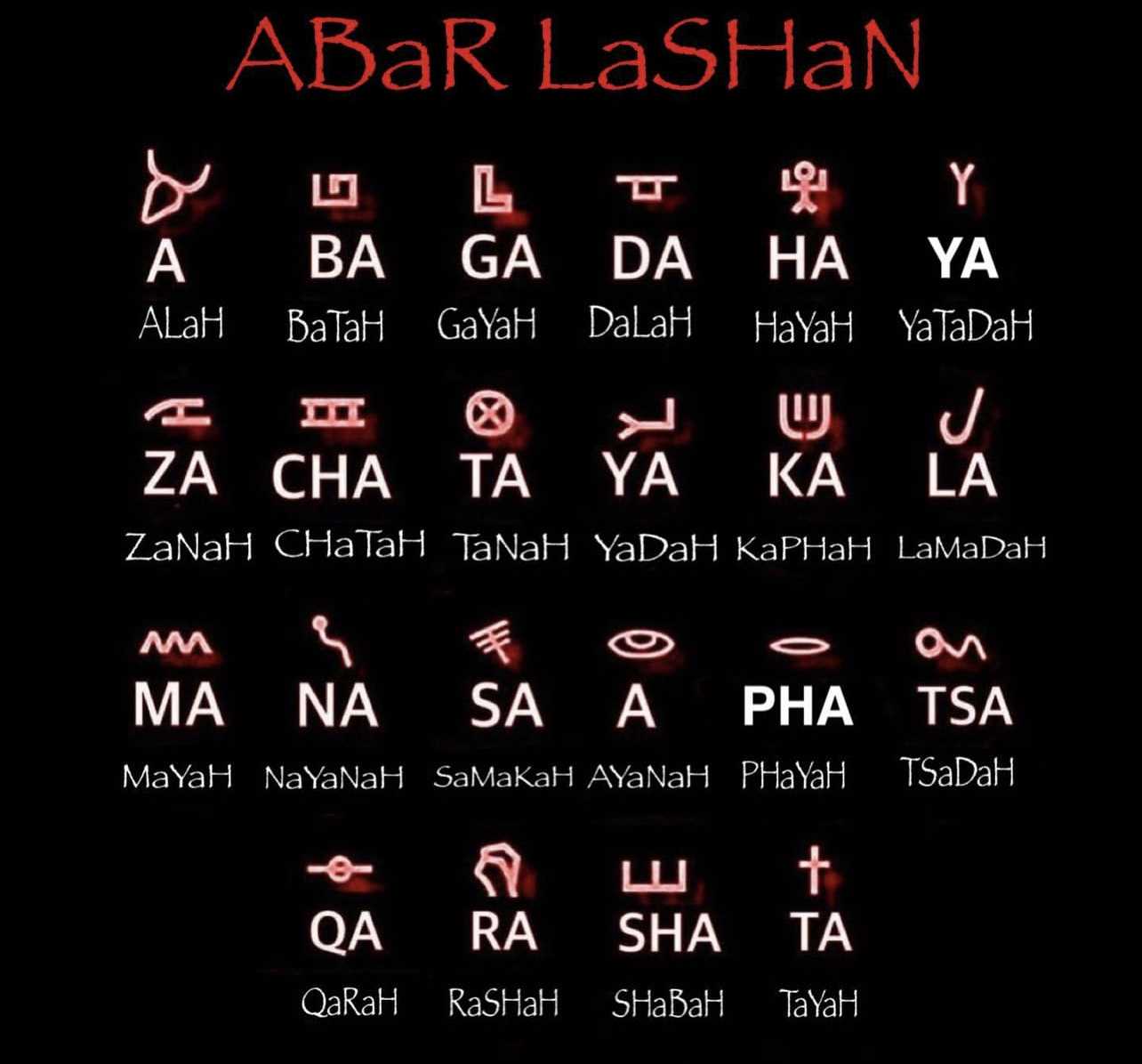Discover posts
Explore captivating content and diverse perspectives on our Discover page. Uncover fresh ideas and engage in meaningful conversations
17 Hebrew women who fought against the institution of slavery that you won’t find in history textbooks | #hebrews #brazil #resistance #slavery #daughtersofzion
Robbie Johnson III named interim Plaquemine Police Chief | #police #louisiana #prayer #oppression #policereform












